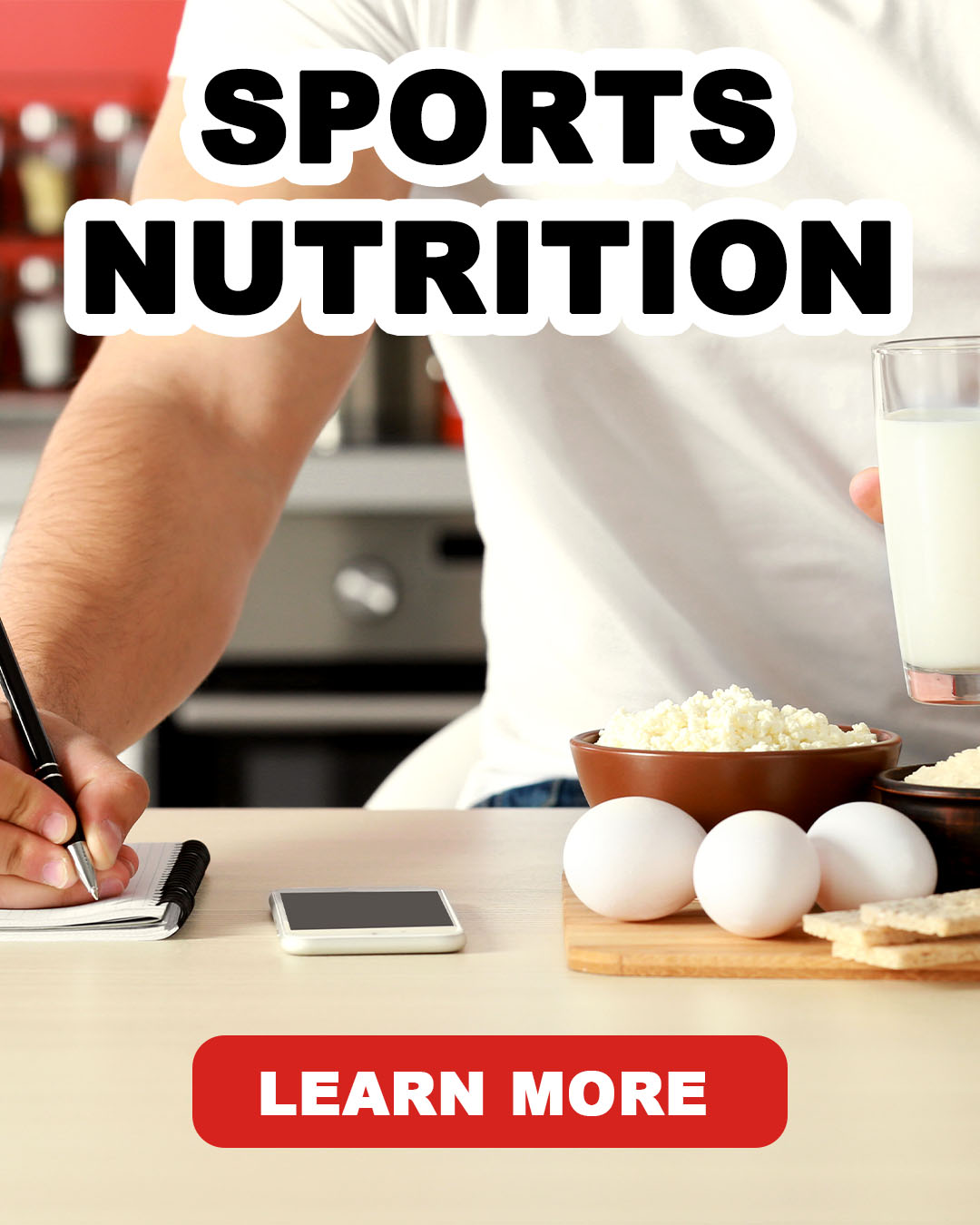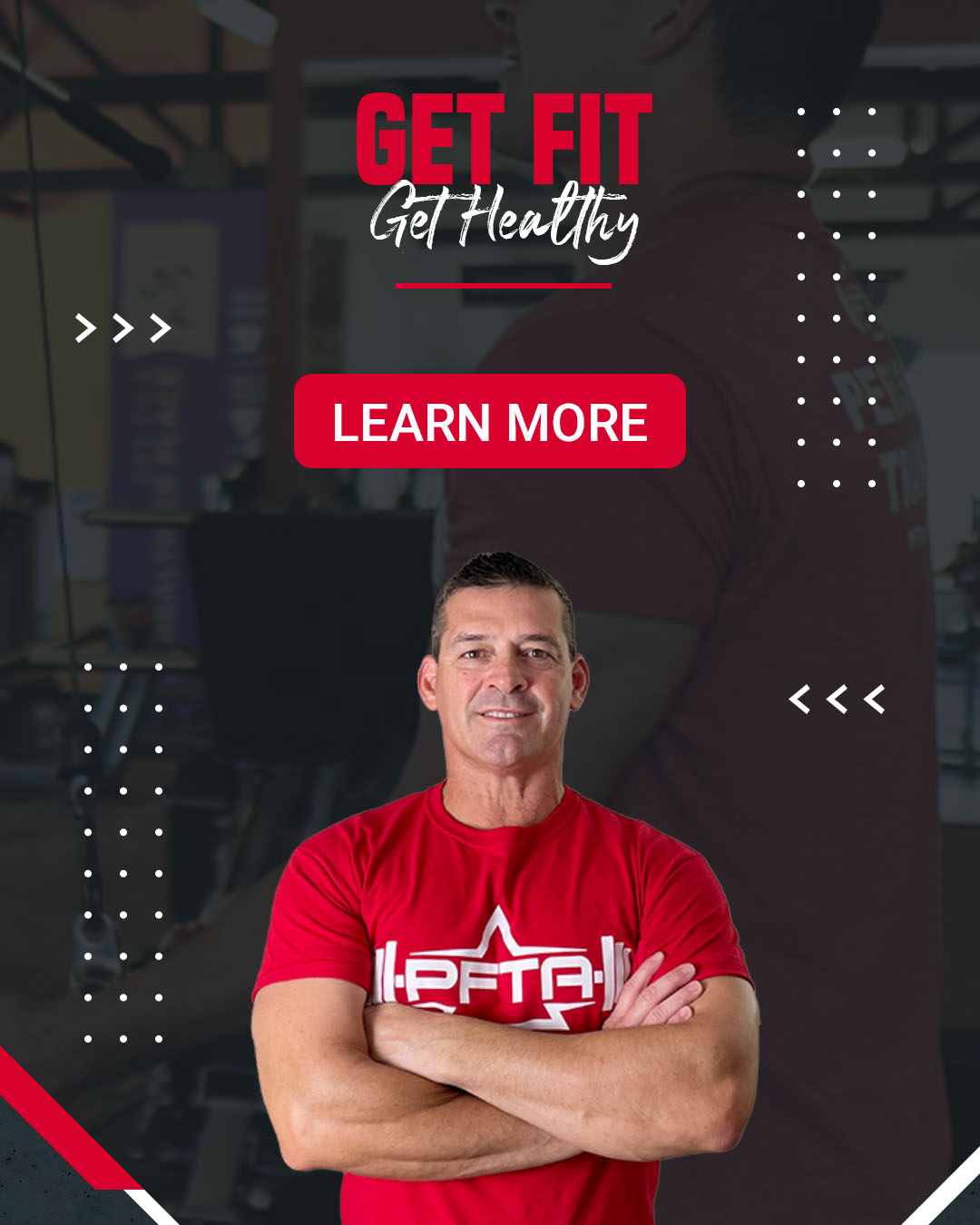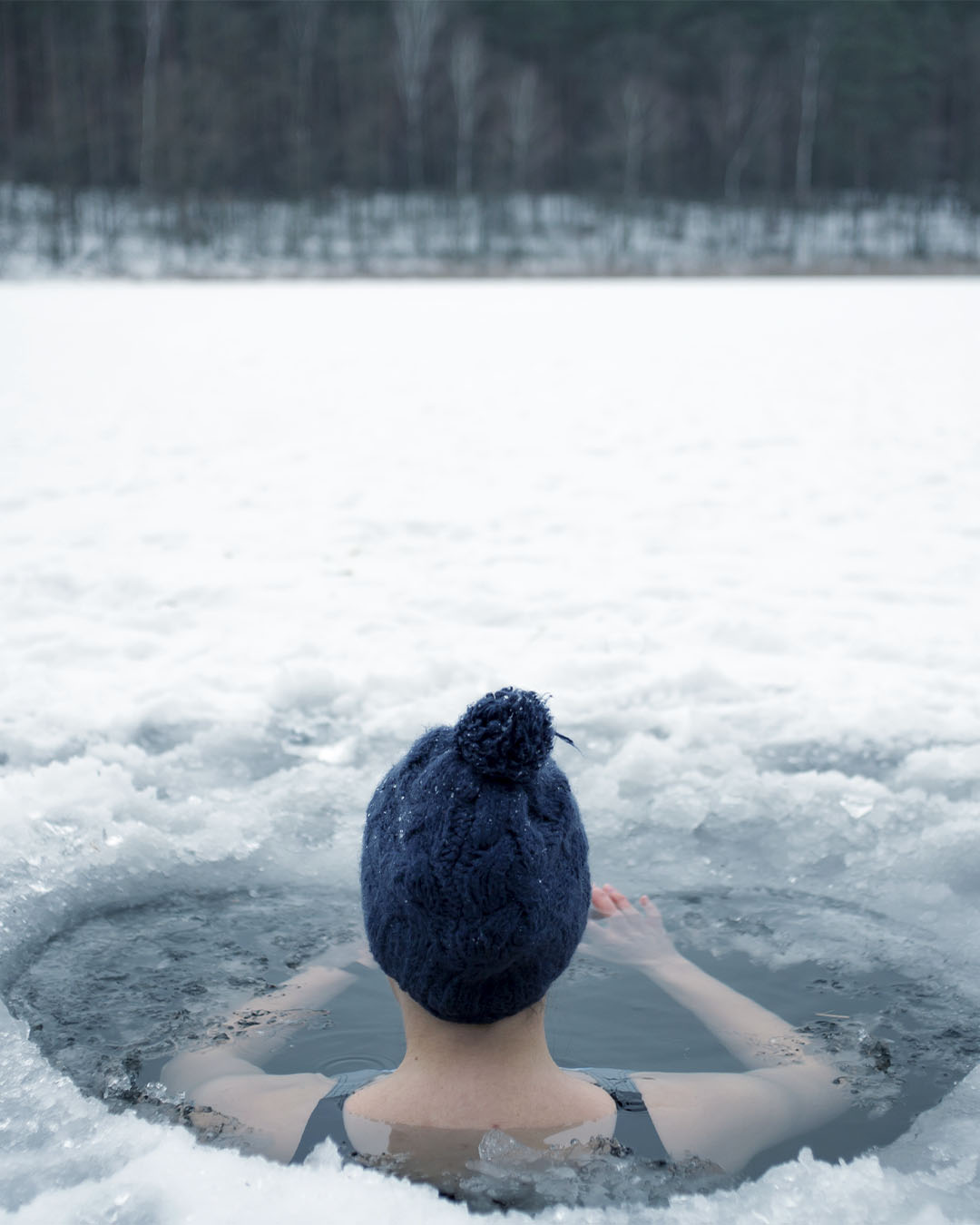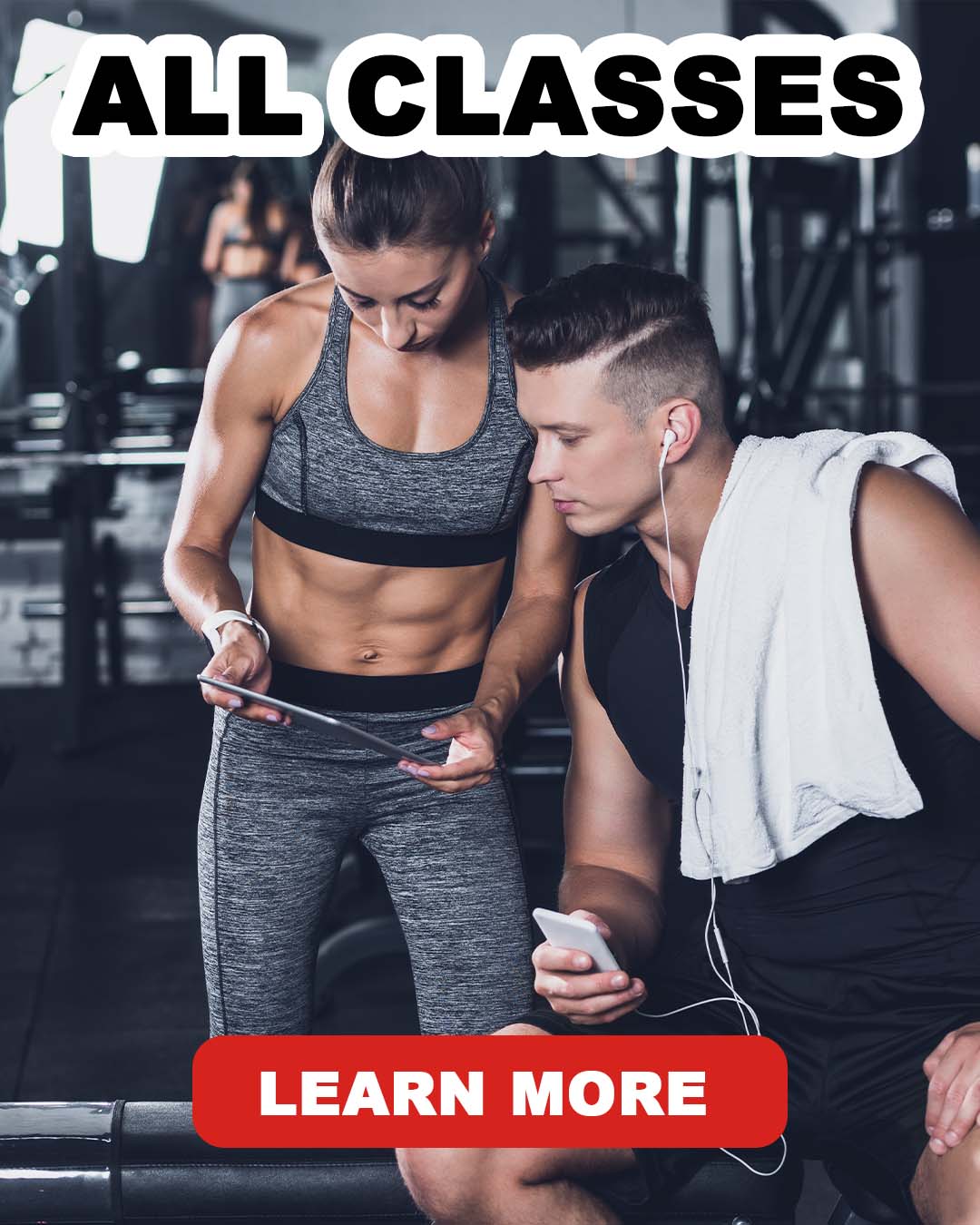Reduce Soreness
You just had a heck of a workout. The benefits are great and you feel great! But, if it's the first hard workout in a while, you may be sore tomorrow. Well the good news is that you can do something to reduce muscle soreness. Keep reading to learn more.
Nutrition
The first thing you should do is concentrate on nutrition. Your body needs the right macros to start the healing process. A study by Baty et al (2007) concluded that a carbohydrate and protein supplementation before, during, and after your resistance training workout reduced muscle damage more than a placebo alone.
The data showed a decrease in cortisol, creatine kinase, and myoglobin levels in the CHO/PRO group. This means that consuming a good mixture of good carbs, good fats, and muscle building protein, will help you reduce muscle soreness.
Speaking of protein, carbs, and fats, it's always a good idea to estimate your macros. We've created a video if you need help with yours. Click on the image below to start estimating your macros.

Snacks
One of the easiest things to prepare, and on of my faves, is the peanut butter and banana sandwich on whole wheat bread. If you don't want to eat the whole sandwich in one sitting, you can eat half of the sandwich before your workout, and the other half after your workout. Either way, make sure you have a good pre-workout and a good post-workout snack to reduce muscle soreness.
If you want to learn more about nutrition, you may want purchase the PFTA Sports Nutrition class. You can learn more about the class by clicking the image below.

Energy
Furthermore, the study group that ate a snack seemed to have more energy than the placebo group. Many studies have concluded that a carb/protein supplement will increase energy levels in exercise participants. It would appear that a carbohydrate/protein supplement would be recommended for all athletes looking to reduce muscle soreness and/or to provide energy for workouts.
CHO/PRO Ratios
The best Carb/Protein ratios seem to be 3:1 or 4:1. In other words, a smaller athlete could snack on 30 to 40 grams of carbohydrates with 10 grams of protein. Someone larger might need 60 grams of carbs to 20 grams of protein. As previously stated, a nutritious carb/protein snack would help reduce muscle soreness. Therefore, a faster recovery would also allow an athlete to resume training sooner rather than later.
And, if you need help with an exercise plan and/or a nutrition plan, click the image below for more info on personal training.

Taurine
We've already discussed protein above, but it turns out, many studies have been done on the amino acid taurine because of its anti-oxidant properties. A study by Ra et al. (2016) showed that supplementation with taurine will indeed reduce muscle soreness in athletes. Most experts believe you should always supplement with taurine but especially after your workouts.
If you eat meat, dairy, and fish, you should be consuming enough taurine. But, if you buy sports supplements, you may want to make sure there is taurine in the ingredients.
Cold Water Immersion
Furthermore, if you can tolerate the cold, studies have shown that an ice bath may also reduce muscle soreness. A study by Fonseca et al. (2016) looked at a small group of jiu-jitsu athletes after an intense workout. The athletes that participated in cold water immersion experienced less muscle soreness than the control group. Not everyone enjoys an ice bath, but if you can withstand the ice cold water, and possibly cryotherapy, then you may reduce muscle soreness faster plus regain your power sooner rather than later.

Stretching
Stretching is always going to be good for you. But, a study by Jay et al. (2014) showed that adding a foam roller to your stretches will aid your recovery much faster than stretching alone. Stretch all your major muscles and follow it with self-myofascial release. There are many great articles and videos on using a foam roller. We hope to make a video soon.
Massage and Vibration Therapy
Moreover, as you may have guessed, massage therapy and vibration therapy, have shown to reduce muscle soreness. A review by Ernst (1998) showed several studies that promoted massage therapy as a muscle soreness reducer. Furthermore, Broadbent (2010) was able to prove that vibration therapy was also able to reduce muscle soreness. It's always a good idea to increase blood flow into sore muscles and two of the best methods are massage and vibration.
Knowledge is Power
And if you want more tips on exercise and nutrition, add your email below. You'll receive weekly tips directly to your inbox. Plus, you'll also receive the occasional coupon code for our classes.
Summary
Muscle soreness is the by-product of an intense workout. But, studies have shown that there are things you can do to reduce muscle soreness. The easiest thing to do is make sure you're eating the right foods. Some other things you can do include stretching, foam rolling, and an ice bath. Hopefully, one or more of these tips will get you back in the gym sooner rather than later.
And if you want to learn more about our health and fitness classes, click the image below. Happy health and happy training!

Written By
RAEscobar, PFTA instructor and personal trainer
Sources:
BATY, JACOB J., et al. “The Effect of a Carbohydrate and Protein Supplement on Resistance Exercise Performance,Hormonal Response, and Muscle Damage.” Journal of Strength and Conditioning Research, vol. 21, no. 2, May 2007, pp. 321–329.
Ernst, E. “Does Post-Exercise Massage Treatment Reduce Delayed Onset Muscle Soreness? A Systematic Review.” British Journal of Sports Medicine, vol. 32, no. 3, Sept. 1998, pp. 212–214.
Fonseca, Líllian Beatriz, et al. “Use of Cold-Water Immersion to Reduce Muscle Damage and Delayed-Onset Muscle Soreness and Preserve Muscle Power in Jiu-Jitsu Athletes.” Journal of Athletic Training, vol. 51, no. 7, July 2016, pp. 540–549.
Jay, Kenneth, et al. “Specific and Cross over Effects of Massage for Muscle Soreness: Randomized Controlled Trial.” International Journal of Sports Physical Therapy, vol. 9, no. 1, Feb. 2014, pp. 82–91.
Ra, Song-Gyu, et al. “Taurine Supplementation Reduces Eccentric Exercise-Induced Delayed Onset Muscle Soreness in Young Men.” Advances in Experimental Medicine and Biology, vol. 803, 2015, pp. 765–772.
S Broadbent. “Vibration Therapy Reduces Plasma IL6 and Muscle Soreness after Downhill Running.” British Journal of Sports Medicine, vol. 44, no. 12, Sept. 2010, pp. 888–894.